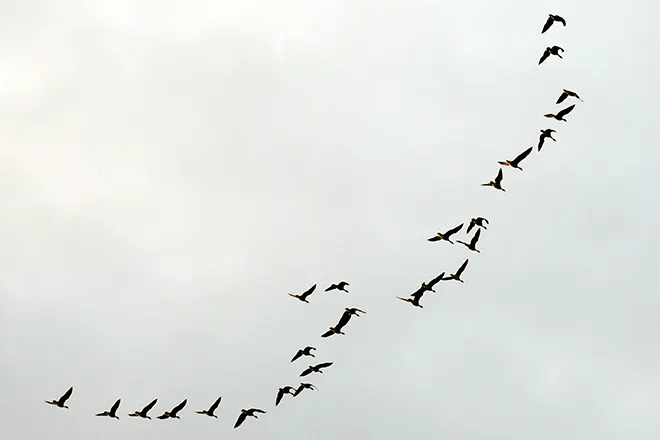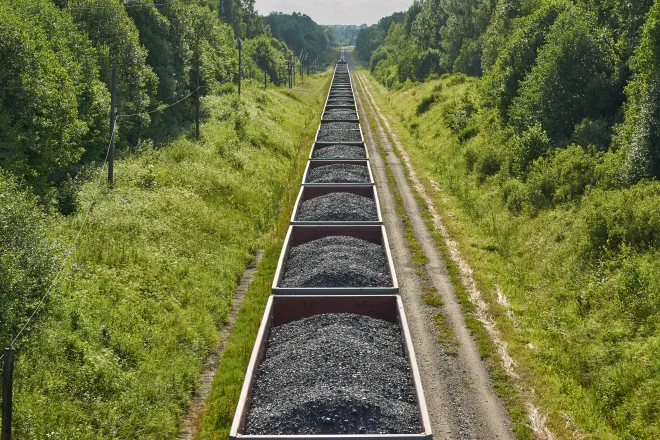
The Yonder Report: News from rural America - March 14, 2024
News from rural America.
Midwest regenerative farmers are rethinking chicken production, Medicare Advantage is squeezing the finances of rural hospitals and California's extreme swing from floods to drought has some thinking it's time to turn rural farm parcels into floodplains.
TRANSCRIPT
(upbeat music) For the Daily Yonder and Public News Service, this is the news from rural America.
Nearly half of America's rural hospitals operate in the red, with a fifth at risk of closing.
And experts say a commercial alternative to Medicare is part of the financial strain.
Medicare Advantage is a less expensive, privatized version of Medicare with better benefits for consumers.
But Harold Miller with the Center for Healthcare Quality and Payment Reform says there are also unfavorable consequences.
Medicare Advantage is moving patients away from the best payer that the hospital has into what may be the worst payer.
Michael Topchek at the Chartist Center for Rural Health says Advantage takes longer to pay than ordinary Medicare and is more likely to deny claims.
With a third of all patients now enrolled, that's a big hit for hospitals.
Your biggest payer is Medicare.
Well, then all of a sudden you're in higher financial and the foundation has just shifted.
How do you make up for that?
One solution could be Advantage communicating better about what claims it'll accept or federal help to increase reimbursement.
Can California's water woes be eased by flooding Choice Farmland?
One nonprofit thinks so and is turning riverside agricultural land into flood plains.
Julie Rentner with River Partners says that gives water a place to go when rivers flood, recharging the aquifers for the dry years.
With the climate changing, she says that'll be important.
Our climate continues to form and atmospheric rivers continue to hit the state at warmer temperatures, meaning less snow and more rain.
They're trying it on the Dos Rios Ranch, 2,100 acres of reclaimed wilderness where two rivers meet.
Dos Rios Ranch is an illustration of the next generation of water management that we need to be doing to make sure that our farming economy is sustainable.
Now, the former farmland also serves as a wildlife migration corridor.
A Minnesota farmer is tapping his Guatemalan roots to go back to the future of poultry.
Tree Range Farms owner, Reji Hasset Marroquin, raises his birds in one spot alongside trees and perennial crops.
This old-fashioned agriculture builds soil that's more resilient to climate change and he says it benefits consumers.
We are what we eat and so raising poultry in a way that is natural to the ecological blueprint of the planet is central to our health.
Diane Christopher with the Regenerative Agriculture Alliance is working with Tree Range Farms and others to build a network that could help beginning and BIPOC farmers get established.
We're creating this for people that don't have access to the resources to engage in large-scale agriculture.
Industrial poultry farming is under the microscope for water and air pollution as Americans eat more and more chicken every year.
For the Daily Yonder and Public News Service, I'm Roz Brown.
For more rural stories, visit dailyyonder.com. (soft music)
















